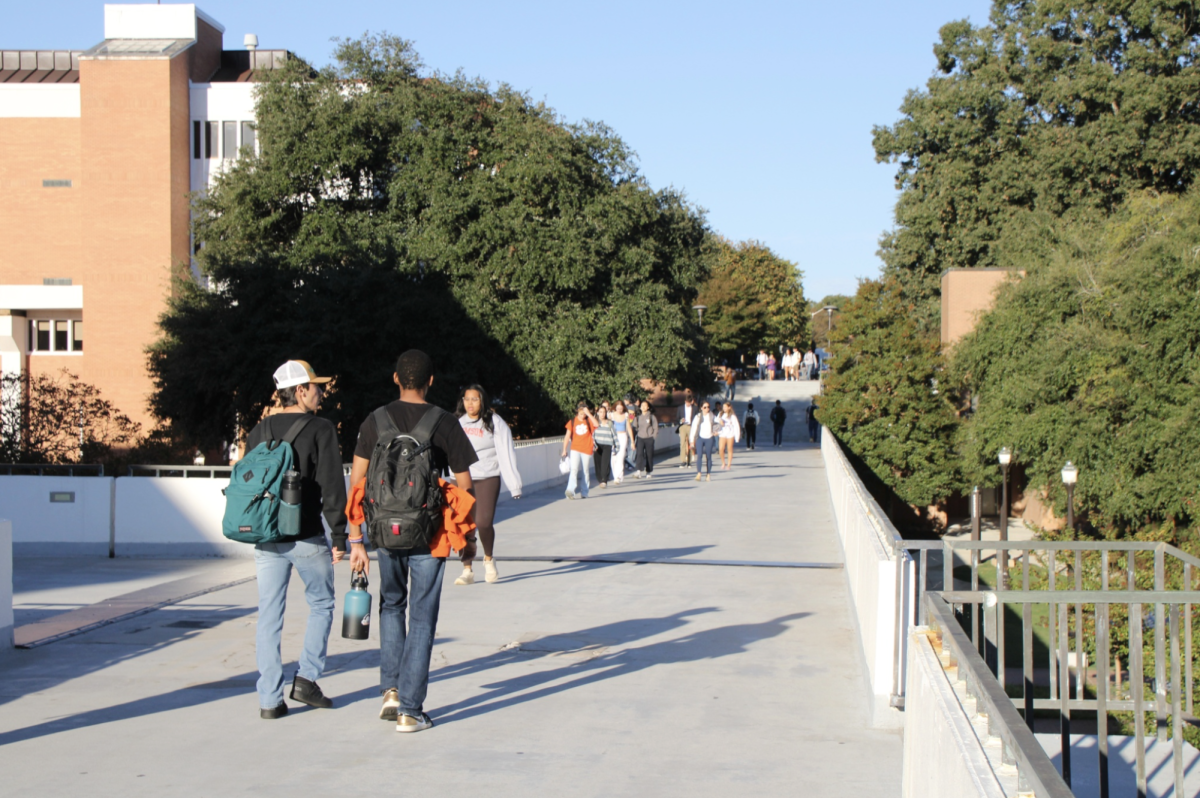The end of the semester is around the corner, and motivation among students is quickly depleting. With exams and projects piling up in the final weeks, the burnout that most students feel at the end of April is an almost guaranteed college experience.
Exhaustion is an understatement for many students. Many professors seem to forget the stress of four, five or even six classes scheduling their finals within days of each other from their own experience in college.
Burnout is defined as “a state of emotional, mental, and often physical exhaustion brought on by prolonged or repeated stress,” according to Psychology Today. This is a state that many students find themselves in, whether that be due to class, work or their social life.
Some of the most turbulent times in a person’s life fall in the college age range, and when schoolwork turns up from 10 to 100 during finals season, it culminates in burnout for many of us.
Dealing with burnout seems impossible to many. Some people dive into their work – spending hours with their noses in a textbook – while others disassociate from their work and lose focus after mere minutes.
Ensuring that some normalcy is maintained during stressful times can be incredibly grounding for people who feel like they are slipping into the endless cycle of burnout. Here are some important things to keep in the forefront of your mind in these academically stressful times:
Manage your sleep schedule.
After studying for hours, some people, myself included, stay up much later than necessary. Try to set alarms for yourself to stop working after a certain time. This boundary will help you break focus from your work to guarantee the quantity and quality of sleep that professionals recommend. For college students, this ranges from seven to nine hours a night.
Eat correctly throughout the day.
An unfortunate bad habit for many students: iced coffee at 9 a.m. is not considered a sustainable meal for the day. When we feel the intense time crunch of finals, healthy diets go on the back burner of our minds. Junk food, takeout or a single coffee will not set you up for success in the most trying times of the academic year.
Make sure you are continuing to have balanced and consistent meals that will keep you energized and sharp throughout your study sessions.
Take Breaks.
As students, it can be hard to remember we have identities outside of our academics. Scheduling a lunch with friends, setting aside time for your favorite TV show or taking a walk around campus are just a few ways to decompress after classes or studying. Taking breaks allows for our brains to relax momentarily and reorient on things that they enjoy.
This break, in turn, makes us even more effective when coming back to our work. Setting aside time not to do your work seems counterintuitive, but it is actually a great way to pace yourself and not overwork yourself.
As the summer is within reach, the final stretch of the semester is daunting. Looking forward to the opportunity to rest and enjoy ourselves is keeping us going.
Burnout is a temporary phenomenon, and with the upcoming break, many people will escape the brutal cycle. A couple of simple tricks can make the end of the semester far more manageable and help to start summer break off right.
Natalie Peck is a junior communication major from Myrtle Beach, South Carolina. Natalie can be reached at [email protected].











